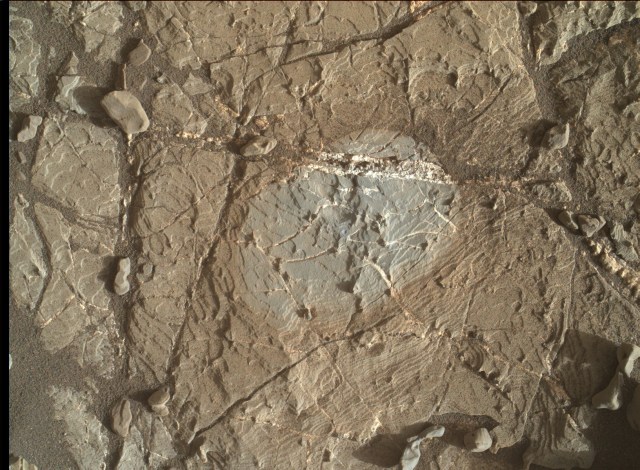
In patients newly diagnosed with prostate cancer, lymph node involvement is associated with the risk of recurrence. Determining the presence of lymph node metastases is critical for clinical decision making and treatment planning. For example, patients with node-positive disease may benefit from adjuvant treatments, such as radiotherapy and chemotherapy, which can improve outcomes.
Radio-guided surgery, by targeting prostate-specific membrane antigen (PSMA), a glycoprotein involved in many diseases and overexpressed in most prostate cancer patients, already makes it possible to determine the stage of cancer spread and metastasis, allowing a more convenient procedure. . Therapeutic decision.
Improve lymph node regulation and treatment
currently, Pelvic lymph node extension eCGP, a procedure in which as many metastatic lymph nodes as possible are removed from the pelvic area, is considered the best tool for staging lymph nodes. Although the therapeutic effect of this procedure is still debated, evidence suggests that eliminating all lymph node metastases allows for optimal disease control.
One of the lead authors, Dr. Diederik M. Sumford, a urologist at Canisius Wilhelmina Hospital (Nijmegen, Netherlands) explains: PSMA-guided surgery Radioactive tracking devices Which are associated with metastases in lymph nodes – can help the surgeon accurately locate and remove all metastatic lymph nodes in prostate cancer patients. This technique particularly allows the detection of positive lymph nodes outside the area of standard pelvic surgery, or in hard-to-reach areas that would otherwise have been missed.
the study It was performed on 20 patients newly diagnosed with prostate cancer, with at least one lymph node visible on a positron emission tomography (PET) scan and who underwent radio-guided PSMA surgery to locate and remove metastatic lymph nodes.
- It confirms the feasibility, effectiveness, safety and feasibility of surgery as well as its accuracy in identifying metastatic lymph nodes.
- No adverse events related to radioguided surgery have been reported;
- Radioguided surgery identified and removed 29 of 49 lesions, of which 28 (97%) had lymph node metastases;
- Another 14 of 49 (29%) lymph nodes removed during radioguided surgery were not detected, and two of them had metastases.
The researchers concluded that this is one of the first trials to confirm the overall effectiveness of this technique in patients recently diagnosed with prostate cancer.
“The current results demonstrate the great potential of radio-guided surgery
in prostate cancer and highlight the increasing role of molecular imaging and tracking in the operating room.


:quality(70):focal(1515x1438:1525x1448)/cloudfront-eu-central-1.images.arcpublishing.com/liberation/X7T4FCTMWVF2NACF35CCUHUPTE.jpg)



